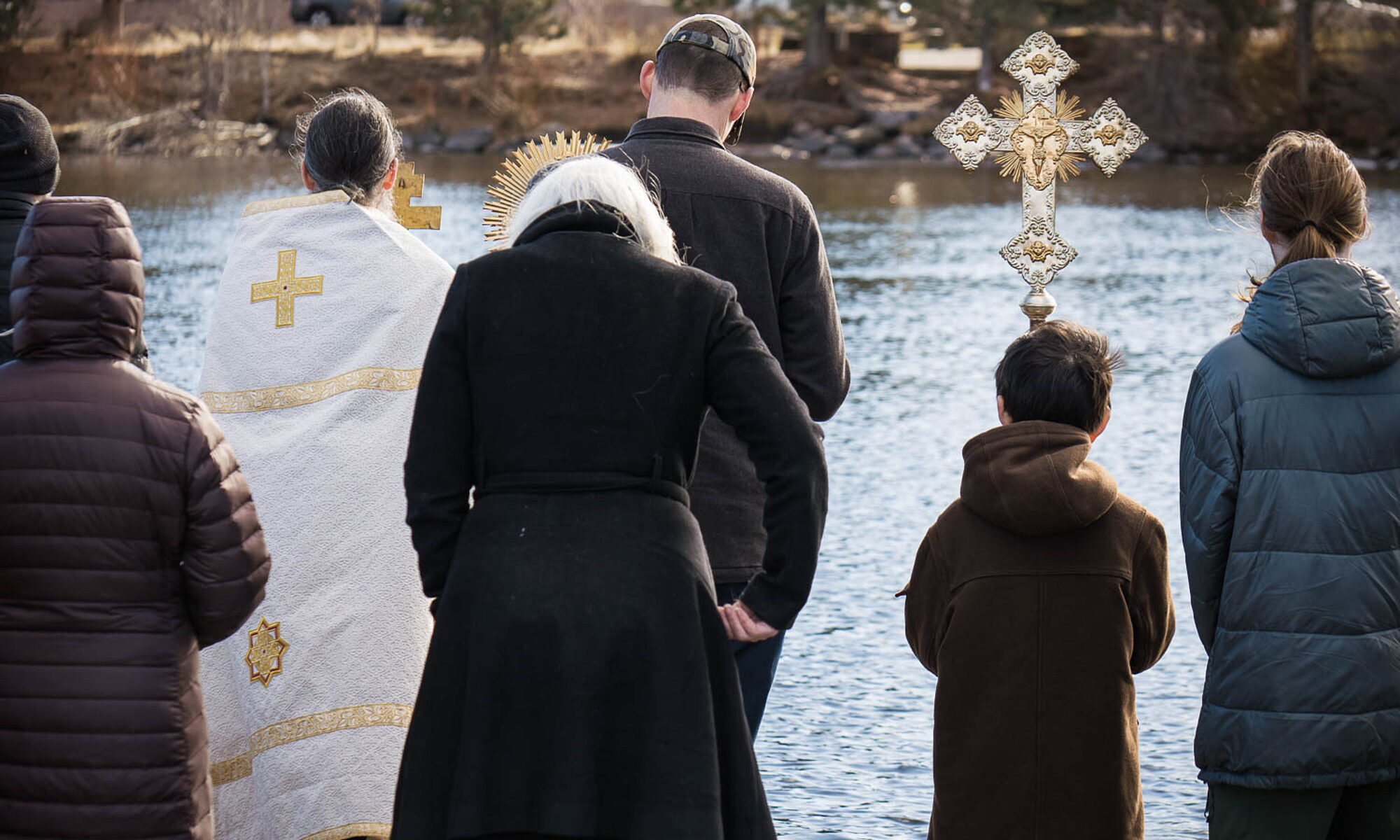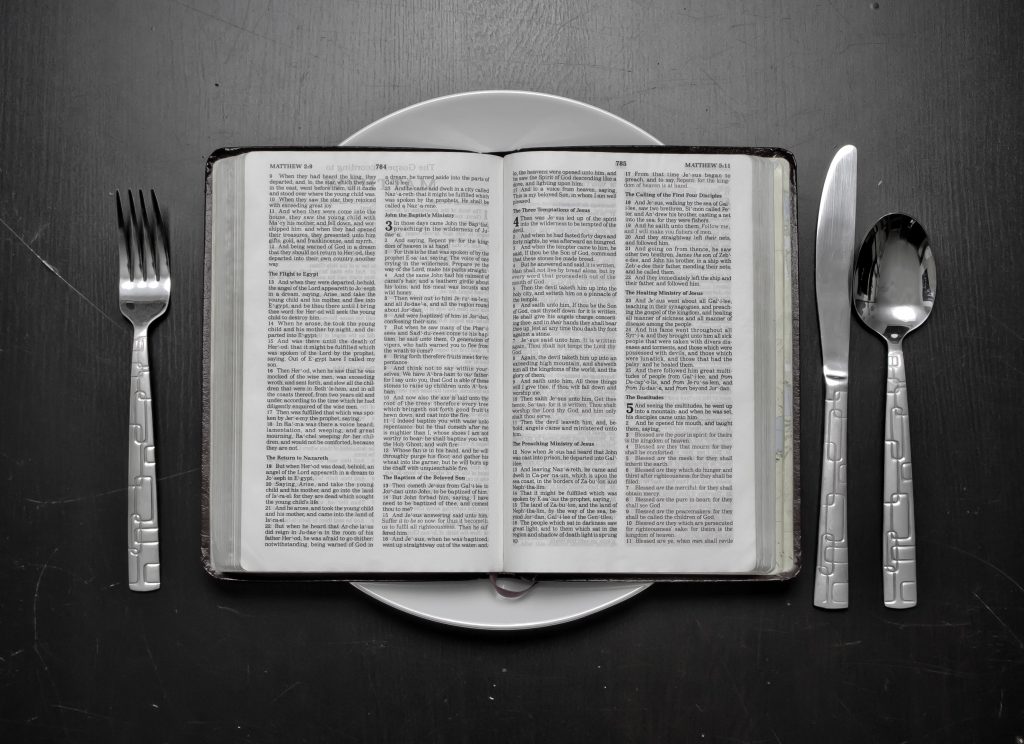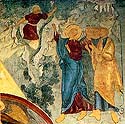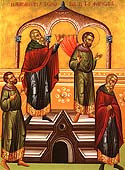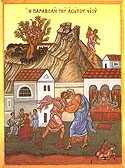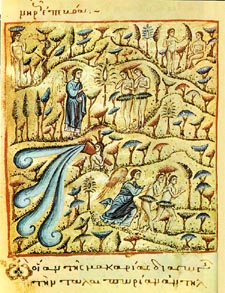Our Lord began his ministry with a fast, and addressed fasting not with an indifference of saying “if you fast”; rather teaching his disciples with the words “when you fast . . . ”
Matthew 6:16-18
16 Moreover when ye fast, be not, as the hypocrites, of a sad countenance: for they disfigure their faces, that they may appear unto men to fast. Verily I say unto you, They have their reward. 17 But thou, when thou fastest, anoint thine head, and wash thy face; 18 That thou appear not unto men to fast, but unto thy Father which is in secret: and thy Father, which seeth in secret, shall reward thee openly.
In the previous post, we have instruction on Great Lent and the fast, but it is important that we continue to explore the deeper meaning of the fast by hearing from the Fathers of the Church.
St John Chrysostom says:
Fasting is a medicine. Fasting is the change of every part of our life, . . . Are you fasting? Show me your fast with your works. Which works?
- If you see someone who is poor, show him mercy.
- If you see an enemy, reconcile with him.
- If you see a friend who is becoming successful, do not be jealous of him!
- If you see a beautiful woman on the street, pass her by.
In other words, not only should the mouth fast, but the eyes and the legs and the arms and all the other parts of the body should fast as well.
Let the hands fast, remaining clean from stealing and greediness.
Let the legs fast, avoiding roads which lead to sinful sights.
Let the eyes fast by not fixing themselves on beautiful faces and by not observing the beauty of others. You are not eating meat, are you? You should not eat debauchery with your eyes as well.
Let your hearing also fast. The fast of hearing is not to accept bad talk against others and sly defamations.
Let the mouth fast from disgraceful and abusive words, because, what gain is there when, on the one hand we avoid eating chicken and fish and, on the other, we chew-up and consume our brothers?
If you cannot go without eating all day because of an ailment of the body, beloved one, no logical man will be able to criticize you for that. Besides, we have a Lord who is meek and loving (philanthropic) and who does not ask for anything beyond our power. Because . . .
- He neither requires the abstinence from foods,
- neither does the fast take place for the simple sake of fasting,
- neither is its aim that we remain with empty stomachs,
. . . We fast to offer our entire selves to the dedication of spiritual things, having distanced ourselves from secular things. So, if there are some . . . who are hindered by somatic* ailments and cannot remain without food, I advise them to nullify the somatic ailment and not to deprive themselves from this spiritual teaching, but to care for it even more.
For there exist, there really exist, ways which are even more important than abstinence from food which can open the gates which lead to God with boldness. He, therefore, who eats and cannot fast,
- let him display richer almsgiving,
- let him pray more,
- let him have a more intense desire to hear divine words. In this, our somatic illness is not a hindrance.
- Let him become reconciled with his enemies,
- let him distance from his soul every resentment.
If he wants to accomplish these things, then he has done the true fast, which is what the Lord asks of us more than anything else.
To read the full version of this Homily, follow this link
Selections from St. John Chrysostom homilies “On Fasting”
* Somatic: relating to the body, especially as distinct from the mind. and spirit (synonyms: worldly · temporal · secular · mortal · human · mundane · material · nonspiritual · materialistic · carnal · fleshly · bodily · physical · corporal)
